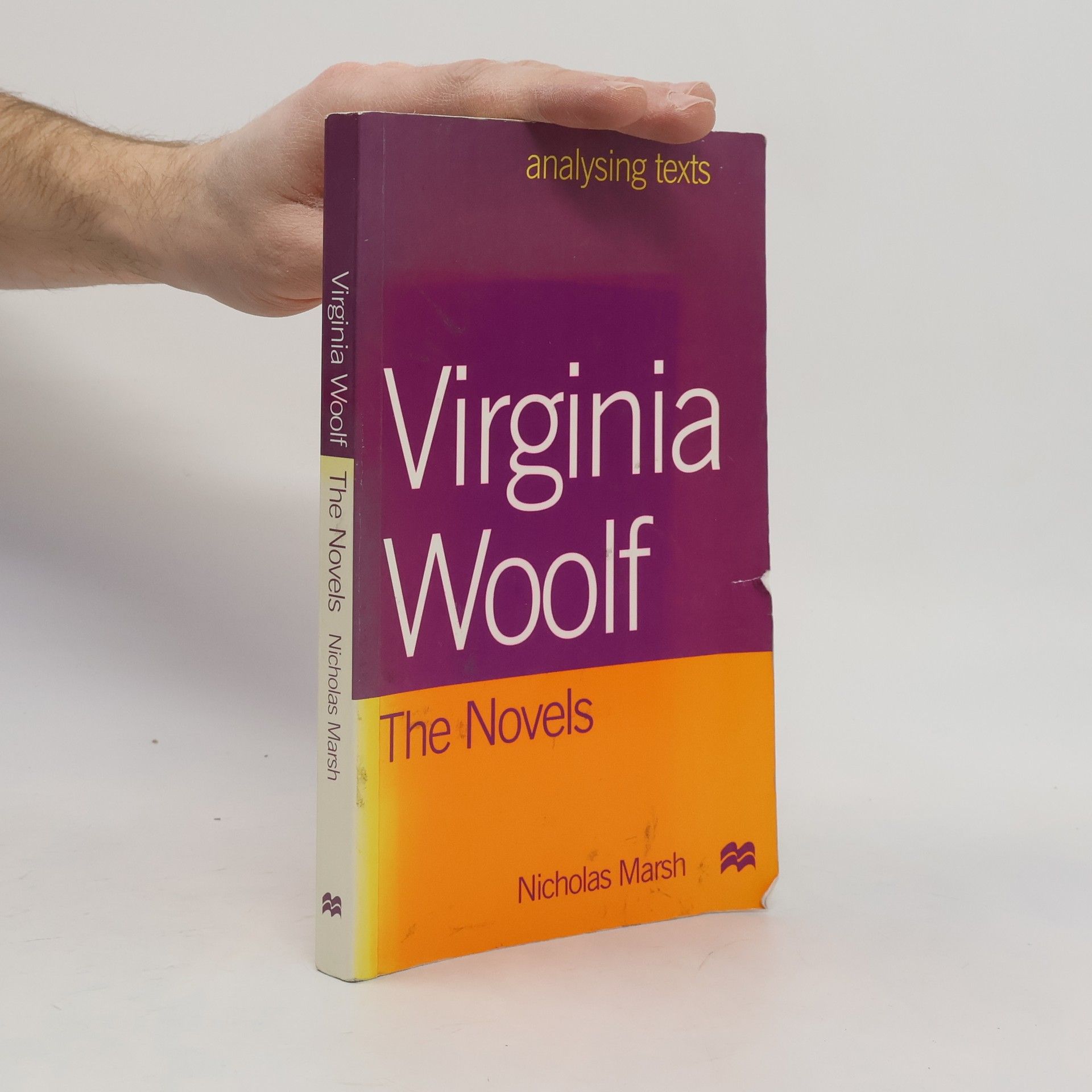At the beginning of this century, Virginia Woolf reacted against literary tradition, sought a new definition of fiction, applied her modern, post-freudian outlook and radically feminist ideas to the problem of writing novels and, in so doing, re-defined our concept of this literary form. The results can be seen in Mrs Dalloway , To The Lighthouse and The Waves , three novels of a flowing, impressionistic texture that are, at the same time, highly structured. Through detailed analysis of selected extracts from the novels, the reader is taught to explore the delicate and yet rich writing Woolf achieved and to inquire into the significance of her ironies and symbolic structures. This guide does not sidestep the complexity of her works, but challenges the reader to confront, examine and enjoy it.
Nicholas Marsh Livres


How to Begin Studying English Literature
- 184pages
- 7 heures de lecture
How to Begin Studying English Literature has established itself as one of the most successful and popular introductory student guides in the field. This fourth edition has been fully revised and expanded throughout, and now includes more examples and commentary on texts as well as a third essay-writing chapter, tackling critics and context. This book shows the reader how to approach novels, plays and poems, featuring chapters on themes, characters, structure, style, irony and analysis. In addition, sections on revision, exams and further development of study skills make this book an invaluable companion for anyone beginning to study English literature.